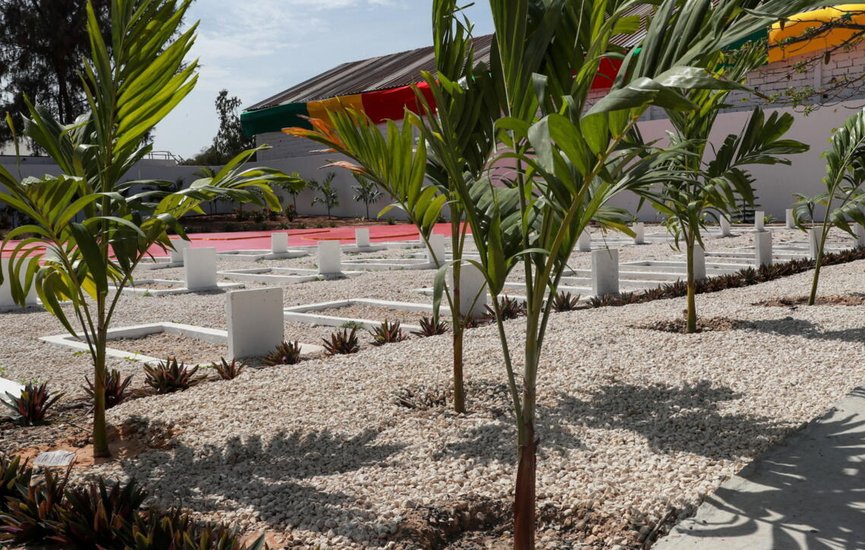Senegal is on the cusp of receiving a long-awaited report that promises to illuminate the tragic events of the 1944 Thiaroye massacre, a deeply painful episode in the country’s colonial history. The report, commissioned by Senegalese authorities, is expected to be presented to President Bassirou Diomaye Faye and aims to clarify the circumstances surrounding the killing of African soldiers, known as tirailleurs, who had served France during World War II. These veterans were gunned down at the Thiaroye military camp near Dakar after protesting delays in their pay and demobilization. While official French accounts at the time claimed 35 deaths, historians and researchers estimate the number could be as high as 400, with victims hailing not only from Senegal but also from neighboring West African countries.
For decades, the massacre has remained a source of national grief and historical ambiguity, with many questions left unanswered. The identities of the victims, the precise death toll, and the locations of their burial sites have been obscured by time and silence. In April 2024, the Senegalese government took a decisive step toward uncovering the truth by establishing a committee of researchers tasked with investigating these unresolved aspects. This initiative reflects a broader commitment to historical justice and transparency, as Senegal seeks to honor the memory of those who were betrayed after serving a colonial power.
Recent archaeological excavations at the Thiaroye cemetery have unearthed bullets and skeletal remains, offering tangible evidence that could support the findings of the forthcoming report. These discoveries have reignited calls for accountability and reparations, with pan-African organizations and descendants of the victims urging France to formally acknowledge the atrocity and provide compensation. The emotional weight of the massacre continues to resonate, not only in Senegal but across the continent, as it symbolizes the broader injustices endured by African soldiers under colonial rule.
The timing of the report’s release coincides with a continental push for reparative justice, as the African Union has declared 2025 the “Year of Reparations.” This designation has galvanized efforts across Africa to confront colonial-era abuses and demand redress. For Senegal, the Thiaroye massacre stands as a stark reminder of sacrifice and betrayal, and the anticipated report represents a crucial step toward restoring historical truth, dignity, and closure. As the nation awaits its findings, there is hope that this moment will mark the beginning of a more honest reckoning with the past and a renewed commitment to justice for those who gave their lives in service.
